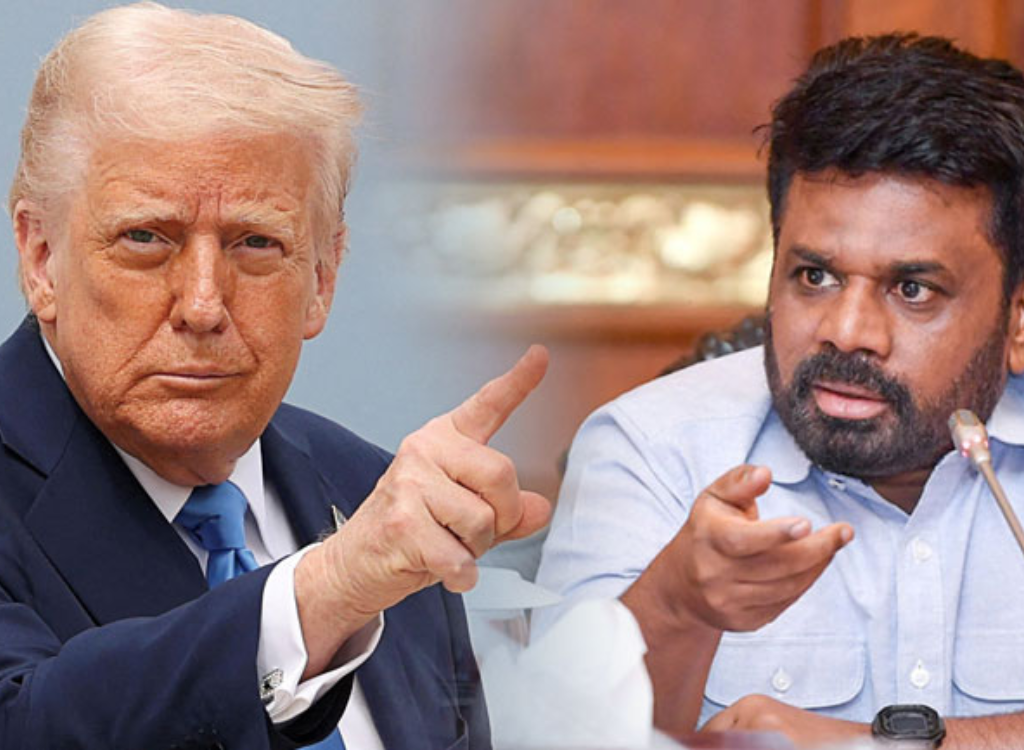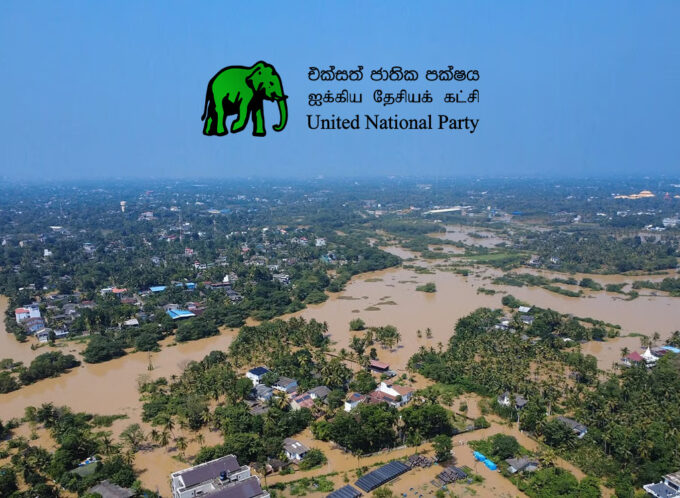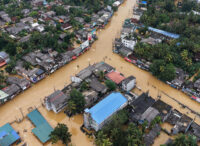An 18 per cent VAT on non-resident digital services providers, effective from October and mainly targeting IT firms based in the United States, is likely to create diplomatic tensions between the two countries.
It will directly impact US tech giants like Meta, Amazon, Netflix, Google and X, which earn considerable income from Sri Lankan users although they don’t have a physical presence in the island.
The decision to impose this tax has been taken following president Donald Trump’s move to slap Sri Lankan exports to the US with a 30 per cent tariff from August.
This is expected to lose trade worth around $582 million to Sri Lanka.
The projected annual income from the VAT imposed on digital services is $36 million.
Analysts say that it can have an adverse impact on bilateral ties, in view of Trump’s having already clashed with countries over similar tariff impositions.
Trump has objected to such taxes and threatened nations with further tariffs, saying they will have to pay a big price.
Meanwhile, policy observers note Sri Lanka’s VAT is justifiable locally, but could meet with strong reactions from the US, as Trump had done during his previous rule against France, India and the UK.
A Washington-based analyst noted the VAT would aggravate the situation, since Sri Lanka has already come under the US microscope over the imbalance in garment trade.
For its part, Sri Lanka’s government finds the digital services VAT as an essential mode of income in light of the debt and financial crisis faced by the island.
The finance ministry said the tax is in line with the OECD-endorsed global tariff equity and European and Asian regulations.
Given the scenario, there are likelihoods of a further increase in the 30 pc tariff imposed on Sri Lanka, a restriction of the provision of services and bilateral trade talks with phased-out digital tax concessions proposed.











Leave a comment